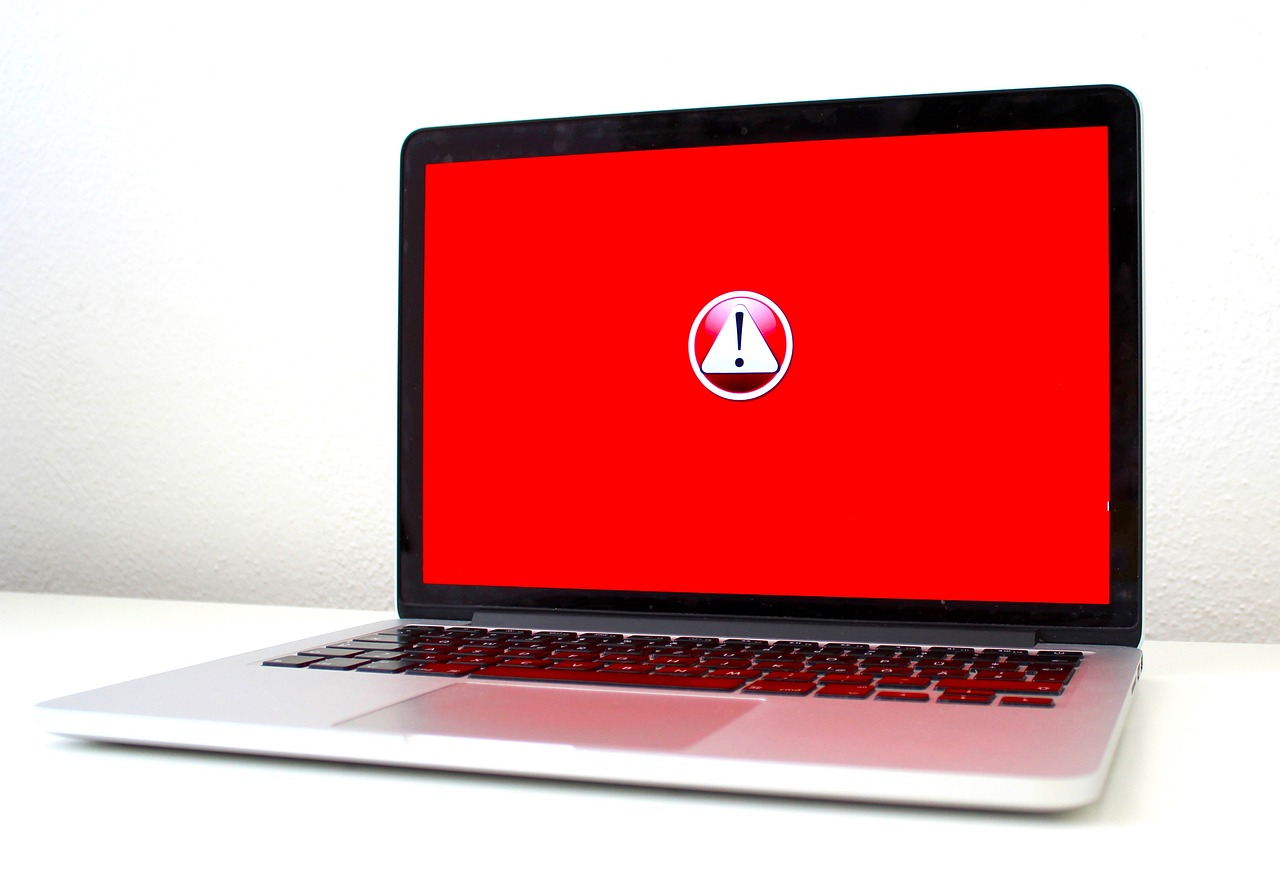There’s never truly an approach of being strictly protected from viruses and malicious software attacks, particularly when your computer is constantly connected to an external network or the Internet. There is a likelihood that a virus will get to your computer before the resident anti-virus program (anti-virus software installed on your computer) is even aware of its existence. However, there are methods to keep away your computer from infection by following a set of smart and simple steps.
The guidelines for protecting your computer from viruses and malicious attacks are as follows:
- Make it a point to have a clean and reliable bootable CD, of any operating system, handy at all times. Your original operating system installation CD should be bootable, which would work well.
- If your anti-virus has an option of creating a bootable CD, take some time off to make one of those. You will be grateful for the efforts, if the need ever arises.
- Keep reputed and reliable anti-virus software installed on your computer at all times.
10 best and reliable anti-virus software available in market. - All anti-virus software requires regular updating, which can be either automatic or manual. To be hassle free, keep the ‘automatic update’ option ON, so that the anti-virus software updates itself whenever you are connected to the internet. However, if the ‘automatic update’ option is OFF, you will need to manually update the software from time to time.
- Make sure your anti-virus software automatically scans every newly inserted disc for viruses, especially if you tend to exchange data between your office/college and home computer. This can be ensured by always keeping the ‘automatic scan’ or ‘real-time scan’ option ON.
- Avoid opening emails with unreliable and unauthenticated attachments, unless you are entirely sure that they are from trusted sources.
- If you are using an email client on your computer such as Microsoft Outlook, Outlook Express or Mozilla Thunderbird, disable the message preview pane. This way you can filter the messages you open by the sender’s name/id or the subject line.
- Always keep a backup of your critical and important documents/files on a CD, or any other kind of storage media.
Following the above steps won’t guarantee that you will be protected from viruses, but you will surely be more safeguarded and prepared for a virus or malicious attack.
